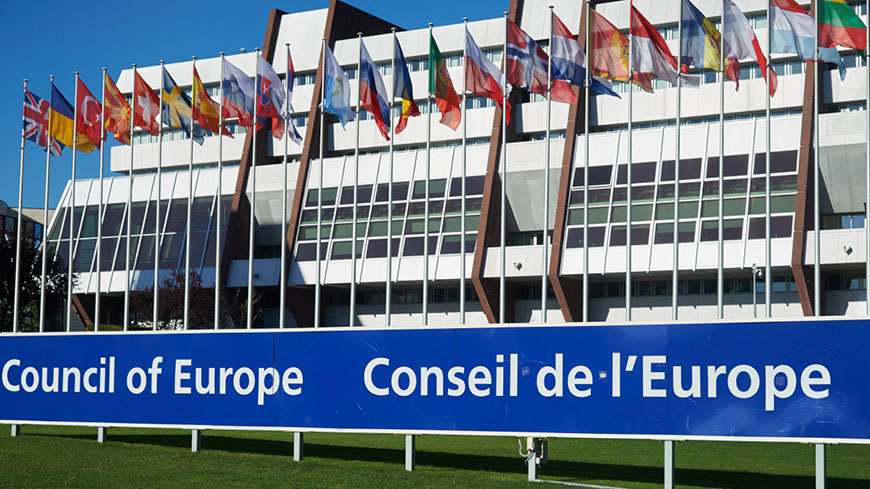Recently, the leaders of nine European states, out of 46 Council of Europe members, issued a joint statement calling for a fundamental revision of the interpretation of the European Convention on Human Rights (‘ECHR’) on immigration issues. Initially pioneered by Italy and Denmark, and supported by Austria, Belgium, Czechia, Estonia, Latvia, Lithuania, and Poland, the statement acknowledges commitment to a rule-based international order and “universal and everlasting” ideas underpinning the ECHR, yet questions whether existing treaties match contemporary challenges of immigration. It urges the European Court of Human Rights (‘ECtHR’) to revise its previously adopted interpretations, accusing it of “extend[ing] the scope of the Convention too far as compared with the original intentions”, limiting the governments’ discretion in protecting their “democratic societies and […] populations”, instead “result[ing] in the protection of the wrong people”. The governments call for “restor[ing] the right balance”, arguing that national security, as “the highest priority”, should leave more room for domestic decision-making. Politicians from other states, e.g., the United Kingdom’s shadow home secretary, followed up, declaring that…
International Tribunals
Page 1 of 272
Capping Freedom of Expression? Assessing Kneecap’s Controversy under the ECHR
On Friday 23rd May, the Irish-language rap trio Kneecap headlined London’s Wide Awake music festival at Brixton’s Broxwell Park. Attended by 20,000 fans, this marked the Belfast group’s first stage performance since the announcement that the Metropolitan police charged one of the group’s members with terrorism offences. Liam Óg Ó hAnnaidh (stage name Mo Chara), is…
Sex in Prison: The International Human Rights Framework on Conjugal Visits, Starting from the Case of Italy
When was the last time you had sex? For many detainees in Italian prisons, the answer is probably years. But things are changing. In April, the first intimate visit took place in an Italian detention centre. The inmate met his partner for two hours in a room with a double bed, not monitored by the penitentiary police,…
Serbia ≠ Fidji? or: What happened to Serbia’s Intervention in the Case concerning Application of the Convention on the Prevention and Punishment of the Crime of Genocide (Sudan v. United Arab Emirates)
I. Introduction Certain aspects and the (then still potential) outcome of the ICJ Case concerning Application of the Convention on the Prevention and Punishment of the Crime of Genocide in Sudan (Sudan v. United Arab Emirates) were already discussed on this blog here and here, including the issue of…
The Sudan Genocide Case and the Legal Effect of Reservations to Compromissory Clauses in Disputes Concerning Obligations Erga Omnes Partes
Introduction On 5 May, the International Court of Justice (‘Court’ or ‘ICJ’) issued an order in the case brought by Sudan against the United Arab Emirates (‘UAE’) (see commentaries here and here). The dispute concerned alleged violations of the 1948 Genocide Convention (‘the Convention’) arising from acts attributed to the UAE in its…
- Page 1 of 272
- Last
